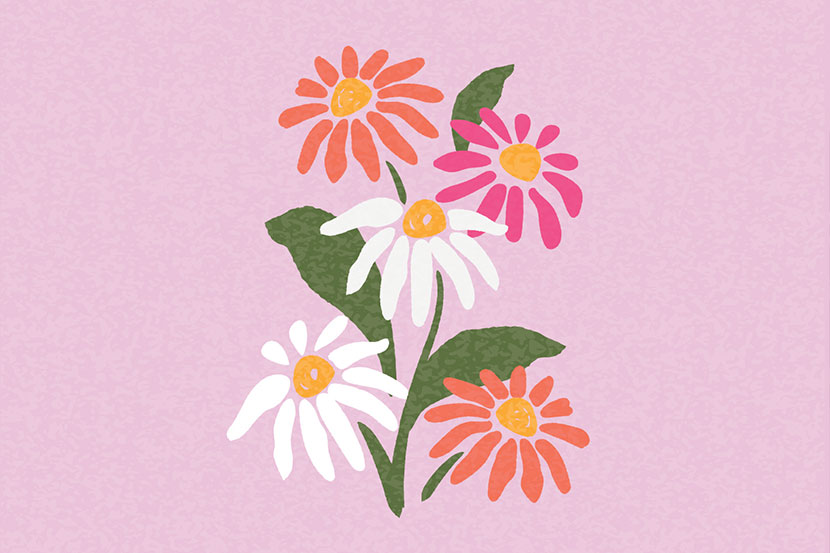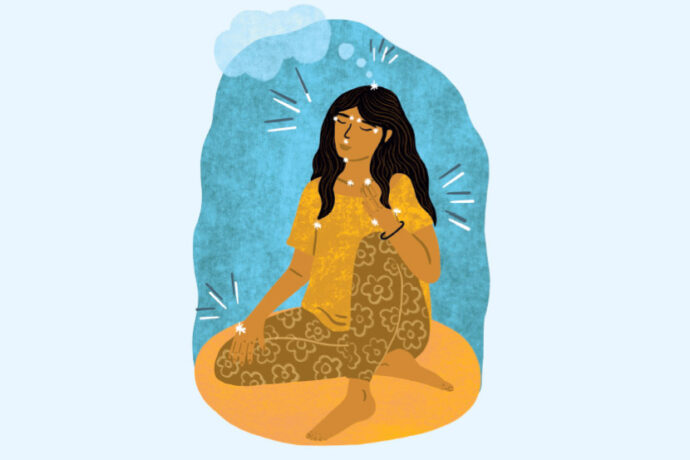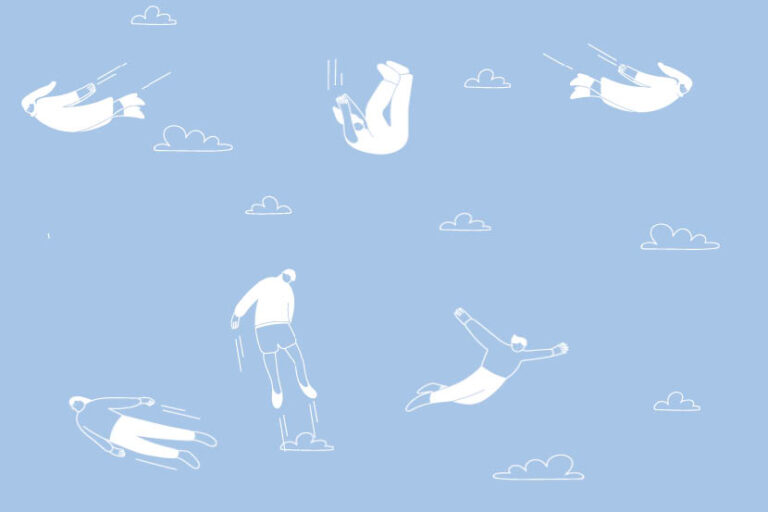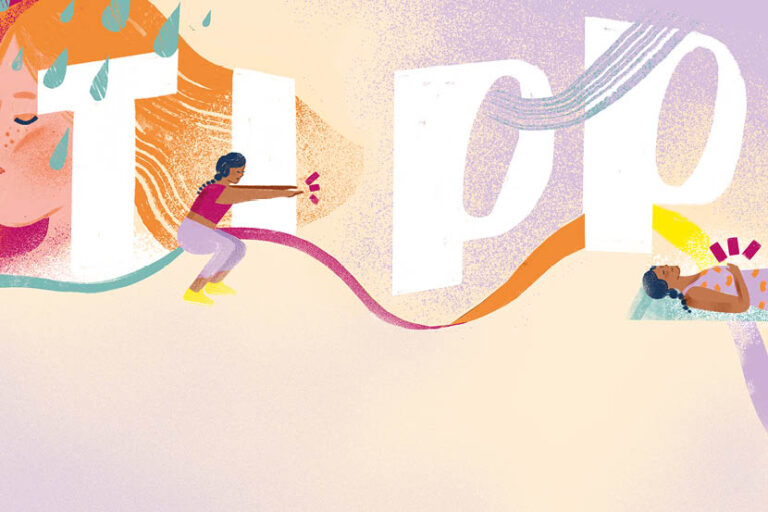
Must self-sacrifice always come with suffering? Or can acts for the greater good coexist with personal fulfilment? This thoughtful exploration challenges traditional ideas of sacrifice, offering a refreshing perspective on how to align your values with choices that benefit both others and yourself.
Is it always necessary to suffer to be a better person?
Have you ever felt that you ought to be better than you are? Kinder, more outward-focused, less self-centred? Perhaps you think you could contribute more towards the wellbeing of the world or consider humanity’s needs rather than your own wants. You’re a little selfish, goes the whisper, so indulgent with your desires.
What to do, then, to rinse that guilt and achieve your aims? Why, to make a sacrifice, of course.
What does sacrifice really mean?
Sacrifice, in its ancient context, referred to an offering to the gods. Today, that’s been translated into giving up something you love to serve the greater good. It’s less about what you do than it is why you do it. If you’ve ever given something up – travelling by plane, eating meat, working in a well-paid job – for the planet, the public, or some aspect of the greater good, and felt cleansed for doing so, the idea of sacrifice might have been a motivation. It’s dramatic, noble, and involves at least a little suffering.
Does suffering make you better?
Perhaps this sounds wonderful – true altruism. But does the act itself make you a better person? What if there was no need to rinse yourself clean, and it was irrelevant whether you loved the thing you gave up, or not? If mitigating one’s carbon footprint or serving others is the aim, then does it matter if it feels like a wade through a swamp or a walk in the park?
A sacrificial framework of nobility and suffering means it’s hard to acknowledge any gains for yourself: health, happiness, the satisfaction of living by your values. These are often seen as side effects, as if altruism must be the primary driver. Yet can’t helping others go hand in hand with helping yourself?
Imagine if there was no need to make yourself a better human. Imagine if all those people who have never thought in terms of sacrifice were no worse than those who have done so. Because, however many offerings you make to the modern gods, there will always be more you haven’t yet made. Picture instead only choices, with no judgement attached to them.
Rethinking choices and judgement
It’s time to give up your sacrifice. Instead, let’s say that what’s done for the greater good helps everyone – including you. Imagine there’s nothing that can make you a better person. But there’s also nothing that can make you worse. You’re fi ne now, just as you’ve always been.
How to let go of sacrifice
- Have you ever given up something for the greater good? Did you focus on what was lost, or what was gained? How did the direction of your thoughts make you feel?
- The next time you feel you should drop something to help others, dig into your motivations. Ask yourself what the outcome will be.
- If you go ahead, what are the gains for yourself, as well as the greater good? Even if it’s that sense of satisfaction, every bonus is worthwhile. But there may be more advantages, if you dig deeper.
- Relish the things you do entirely for yourself. If you’re doing something self-focused, enjoy it to its fullest extent.
- Drop the guilt-whispering and appreciate every moment.


















